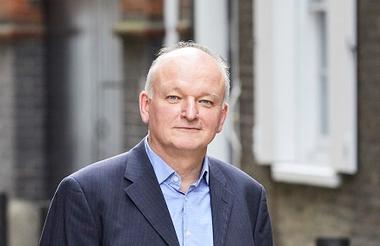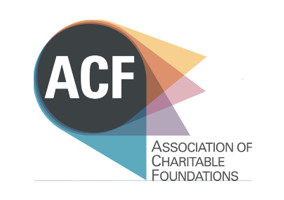The charity sector has become less able to criticise the government in recent decades due to its increased reliance on state funding, the chief executive of the Lloyds Bank Foundation has warned.
Speaking at an event today, Paul Streets said: “We are so in league with the state that actually we’re unable to call it to account.”
Streets told delegates at Centre for Voluntary Sector Leadership (CVSL) Conference that since Tony Blair became prime minister in 1997, “so many of us have become too dependent on the state”.
He gave the example of one charity he worked with, which has grown its income from around £20m to £200m. As it has grown, the charity’s income has changed from being 90% unrestricted, voluntary income to the majority now being from contracts.
Streets described this as a “big issue for the sector” and said funding organisations like his “really need to think about the role we have”.
“So many of us are so dependent on the state, we've been silenced, or we silenced ourselves, or worse, we’ve dampened,” he said.
“The role of funders ought to be I think about funding truly independent organisations that have an independent voice, and civil society that genuinely speaks truth to power in a way that many of us that receive so much money from the state […] simply cannot.”
Streets said unrestricted funding “is the gold dust that enables them to step back outside of the system, regardless of the government of the day, in a way which state contracted organisations simply cannot”.
He said he was encouraged by grantmakers including the Esmée Fairbairn Foundation, Paul Hamlyn Foundation and the Tudor Trust “beginning to ask fundamental questions about their wealth”.
Streets also welcomed an increase in transparency within the sector, including websites with information about “billions of funding from 10s of funders”.
According to NCVO’s 2022 UK Civil Society Almanac, local and central government funding for charities is higher now than it was in 2000.
However, it has declined in recent years. The government supplied £15.4bn, 26% of voluntary sector income in 2019-20, which marks the lowest proportion of sector income from the government since 2004-05.
Related articles












